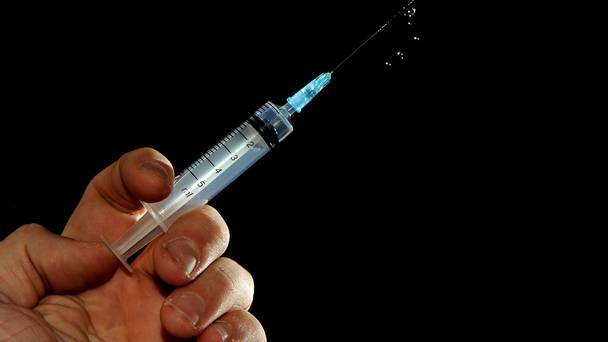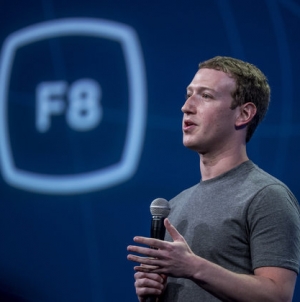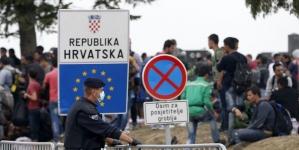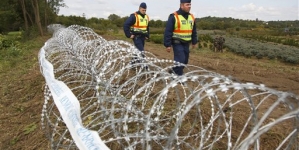-
Tips for becoming a good boxer - November 6, 2020
-
7 expert tips for making your hens night a memorable one - November 6, 2020
-
5 reasons to host your Christmas party on a cruise boat - November 6, 2020
-
What to do when you’re charged with a crime - November 6, 2020
-
Should you get one or multiple dogs? Here’s all you need to know - November 3, 2020
-
A Guide: How to Build Your Very Own Magic Mirror - February 14, 2019
-
Our Top Inspirational Baseball Stars - November 24, 2018
-
Five Tech Tools That Will Help You Turn Your Blog into a Business - November 24, 2018
-
How to Indulge on Vacation without Expanding Your Waist - November 9, 2018
-
5 Strategies for Businesses to Appeal to Today’s Increasingly Mobile-Crazed Customers - November 9, 2018
Mosquirix, world’s first malaria vaccine, approved by European Medicines
The world’s first anti- malaria vaccine has won approval from scientists, bringing closer the likelihood of it being used in countries where the disease is widespread.
Advertisement
In a statement published on Friday, the agency said it had “adopted a positive scientific opinion” for the vaccine’s use outside the European Union, a regulatory process that helps speed new medicines to the market.
Mosquirix, whose scientific name is “RTS, S” has been designed to prevent malaria caused by the Plasmodium falciparum parasite, which is most prevalent in sub-Saharan Africa. In a Glaxo study involving 16,000 children in seven African nations, the vaccine reduced the number of vaccine cases by 39% in children between five and 17 months old, and by 27% in infants between six and 12 months old.
The drug has been developed by GSK in partnership with the Path Malaria Vaccine Initiative, a global programme established through an initial grant from the Bill & Melinda Gates Foundation.
Malaria infects about 200 million people a year and killed an estimated 584,000 in 2013, the vast majority of them in sub-Saharan Africa.
GSK has promised it will make no profit from Mosquirix, pricing it at the cost of manufacture plus a 5 per cent margin, which it will reinvest in research on malaria and other neglected tropical diseases.
Following the CHMP positive scientific opinion, two of the WHO’s independent advisory groups, the Strategic Advisory Group of Experts (SAGE) on Immunization and the Malaria Policy Advisory Committee (MPAC) will now jointly review the evidence base for RTS, S and make a joint policy recommendation for how it might be used alongside other tools to prevent malaria in the event the vaccine candidate is approved by national regulatory authorities in SSA.
The WHO has said it may give a policy recommendation by the end of the year; African authorities will then take their decisions about how and where they would implement a vaccination programme.
“I’ve been working on this vaccine for 30 years and this is a dream come true”, GSK’s head of research, Ripley Ballou, was quoted by the BBC as saying.
“With vaccines, once immunized, your protection is with you day and night”. RTS, S also contains the AS01 adjuvant system. It works by stopping the malaria parasite maturing and multiplying in the liver, after which it would normally enter the patient’s bloodstream and trigger the disease symptoms.
But three doses were needed and efficacy dimmed over time, which has led some to question whether the cost of rolling out the vaccine can be justified. It is the first vaccine to be developed which counters the effects of a parasite.
Advertisement
“It’s massively significant”, said Allan Pamba, vice president for pharmaceuticals in East Africa for GlaxoSmithKline (GSK), which has spent more than $356 million (£230m) to date on finding a vaccine.





























